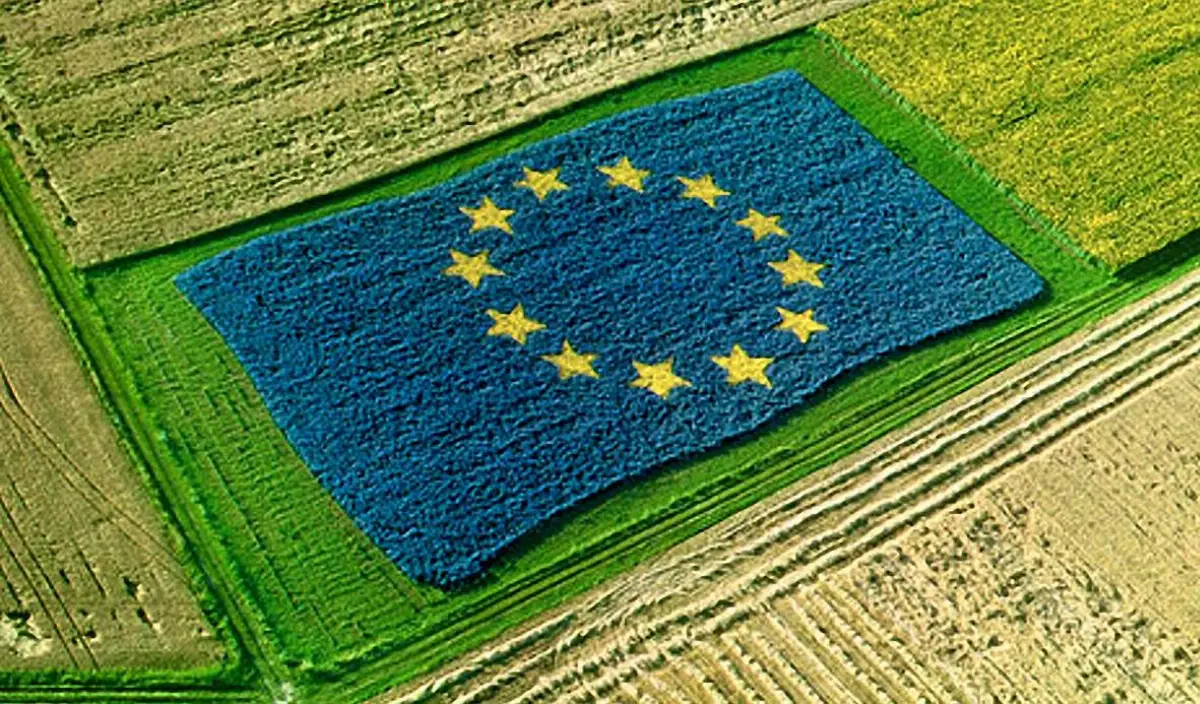
EU agricultural markets remain resilient despite tensions and climate change.
Latest edition of the European Commission's report on Agriculture and Rural Development

Despite global uncertainties, EU agricultural markets "remain generally resilient," with increasing cereal production, a marked recovery in olive oil production, stable milk deliveries, and solid poultry production prospects. This is highlighted in the European Commission's latest edition of the Short-Term Outlook for EU Agricultural Markets, entitled Agriculture and Rural Development.
According to the report, which focuses on short-term prospects, "fruit and vegetables are showing mixed developments due to adverse weather conditions; production prospects are declining for sugar, wine, and, to a lesser extent, ruminants."
Geopolitical instabilities, climate-related challenges, and the evolving trade policies of major global players, such as the United States and China, pose a threat to the stability of global markets and the EU, the report emphasizes.
Market fundamentals
EU food inflation continues to be higher than overall inflation (3.1% compared to 2.2% in May), although some stability, or even deflation, is observed for some food categories. Despite historically high levels, EU farmers have recently seen stable input costs: oil prices are expected to decline, although tensions in the Middle East could impact this. Winter crops have promising yield prospects; a prolonged drought could impact spring and summer crops.
Arable land
EU cereal production in 2025/26 is expected to increase by 4.1%, improving the trade balance, with exports increasing by 26% and imports decreasing by 19%. EU oilseed production is expected to grow by 12% (led by rapeseed and sunflower seeds), with vegetable oil production increasing by 6%. Protein crop production may decline but remain above the five-year average.
In 2024/25, EU white sugar production increased by 6.5%, thanks to the expansion of production areas. A potential 8% decline in production in 2025/26 could lead to an increase in imports.
Specialized crops
EU olive oil prices fell significantly in June 2025, due to a 37% recovery in production. EU wine production is projected to hit a 20-year low in 2024/25, impacting exports, while EU consumption continues to decline. Due to adverse weather conditions, EU apple production could decline by 4% in 2024/25, maintaining high prices, while peach and nectarine production could decline by 5.8%, leading to record imports.
Conversely, weather conditions are favorable for EU orange production, which is expected to increase by 4.6% compared to the previous season's historic lows, with growth channeled into processing. EU tomato production is expected to decline by 2.6%, primarily for processing, while fresh production remains stable but below average.
Animal products
Milk deliveries in the EU are expected to remain stable in 2025, supported by favorable pasture conditions, despite some country-specific variations and the emergence of animal diseases. Stable demand in retail and food processing is supporting EU dairy prices.
Overall, less pressure on dairy producers' margins is expected. Cheese production in the EU is expected to grow slightly, although global competition could limit export growth.
EU beef prices remain historically high. With the expected decline in production due to reduced livestock numbers, EU supply could become more limited, which, the report notes, "could limit export opportunities while imports increase."
Meanwhile, EU pork production is expected to remain stable, with steady demand. On the other hand, EU poultry production is expected to increase (by 1.8%), as demand continues to grow, supporting EU prices.
Imports could prove challenging, given the disease status of some traditional sources in third countries. Finally, EU sheep and goat meat production could decline by 2%, resulting in a decline in meat exports and an increase in imports, while prices remain high due to tight supply and stable demand.
EFA News - European Food Agency